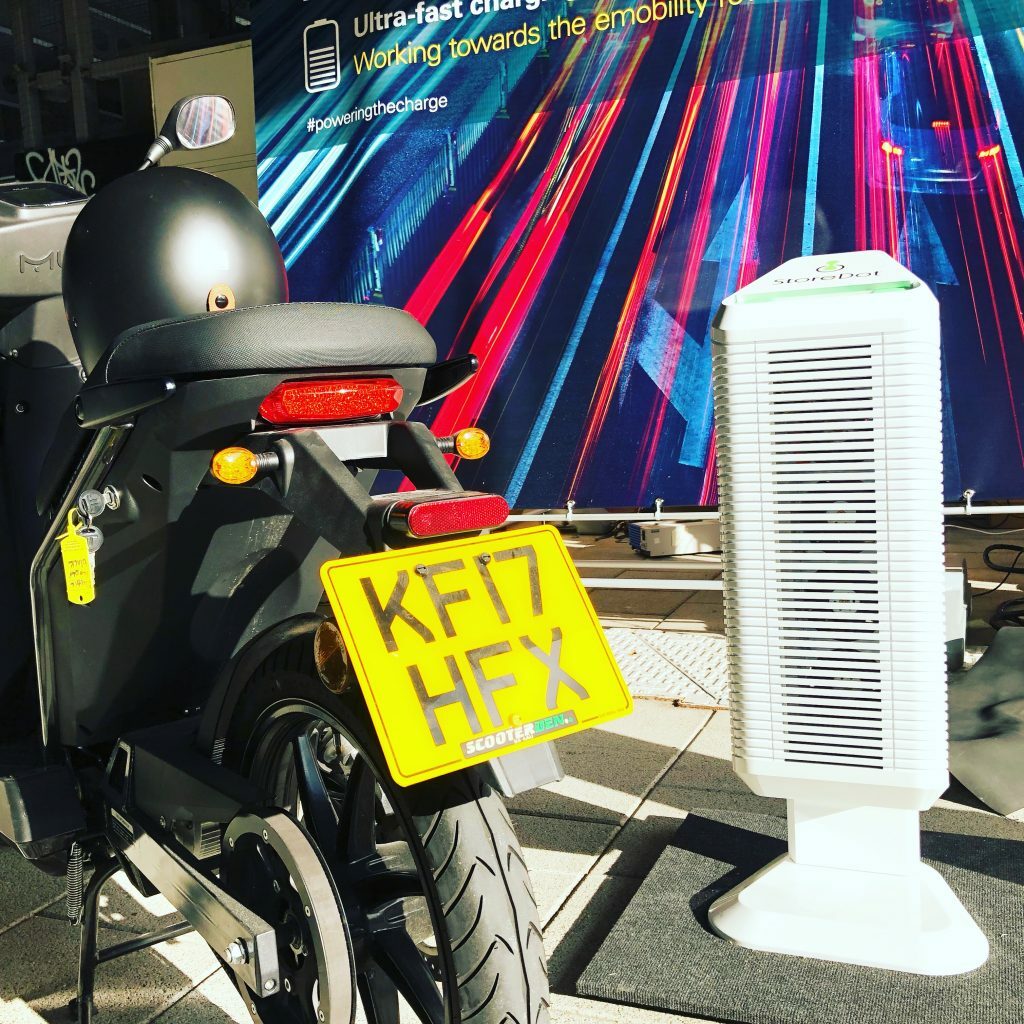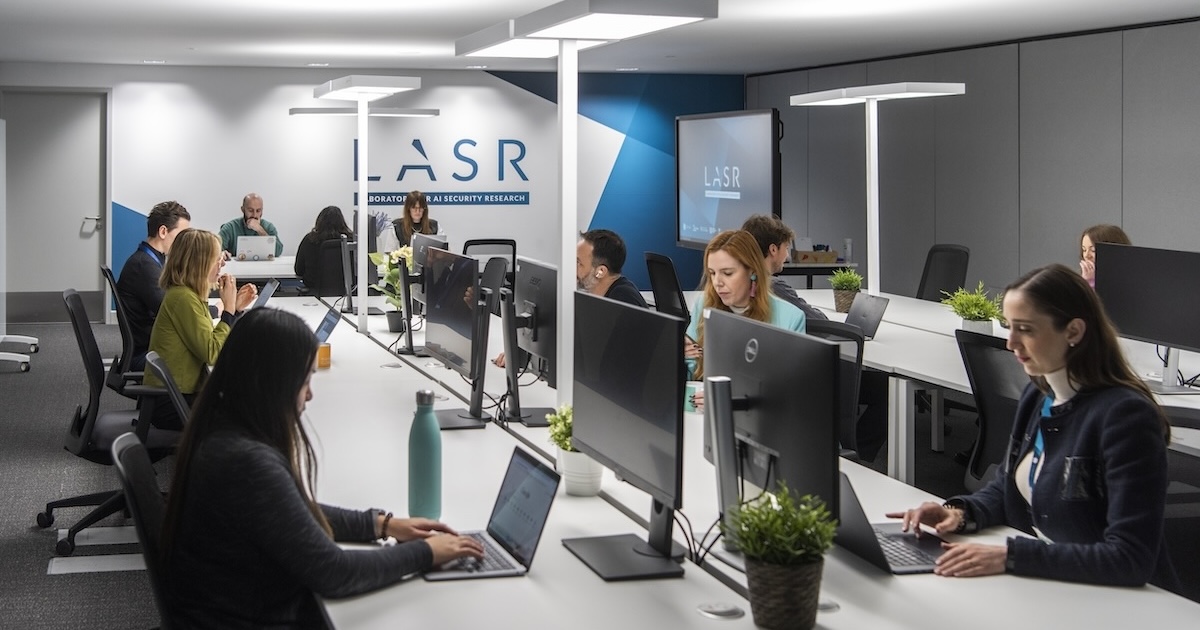Transport is one of the world’s biggest causes of emissions. But while we have a massive opportunity to usher in a decarbonised mobility future, we must win the hearts and minds of the public. This is evidenced by new research commissioned by BP and carried out by transport consultancy Systra, which has uncovered that while people care about climate change and want to adopt cleaner transport methods, there are barriers to this happening in practice.
The On the Move report, which BP launched at an event at Here East with support from Plexal’s innovation team, was created based on contributions from 22 experts and 12,000 consumers across the UK, Germany, Spain and the Netherlands.
Some of the findings about what consumers believe include:
- 23% don’t think any of the ACES technology experts predict will happen by 2030
- 56% predict that autonomous taxis will be commonplace by 2050 but only 10% would use them
- 60% believe drone home deliveries will be commonplace by 2050 but only 17% would use them
- 11% see themselves driving a more efficient petrol/diesel car

At the event, StoreDot demonstrated how its technology can enable a scooter to be charged in five minutes
The research also showed that while consumers are concerned about climate change and 68% say reducing the carbon footprint of their journeys is important to them, there are barriers to them adopting cleaner transport modes like electric vehicles. These include the cost of vehicles (47%), the availability of charging points (40%), anxiety around battery life (39%) and how long vehicles take to charge (37%).
There also appears to be a gap between expert and consumer opinion. While experts are getting excited about a shared mobility landscape, the people polled remain wedded to the idea of car ownership (38% think we’ll still own a car in 2050). And people in rural areas are even more reliant on owning their own car because public transport isn’t as extensive where they live.
25% of the people surveyed think it’s possible that they’ll use greener transport for some of their journeys in the next 10 years
The report concludes that to encourage consumers (who have a variety of motivations and concerns) to embrace cleaner transport options, we need a multi-pronged approach. This could include strategies like standardising infrastructure, encouraging the rise of micromobility solutions and tax incentives for electric vehicles.
Since only 25% of the people surveyed think it’s possible that they’ll use greener transport for some of their journeys in the next 10 years, we have a long road ahead of us.
Commenting on the research, Tufan Erginbilgic, chief executive of Downstream at BP said: “This report shines a light on consumers’ desire for change but also highlights issues that need to be overcome. The way we should all go about tackling this broad and complicated set of issues is by working together.”


